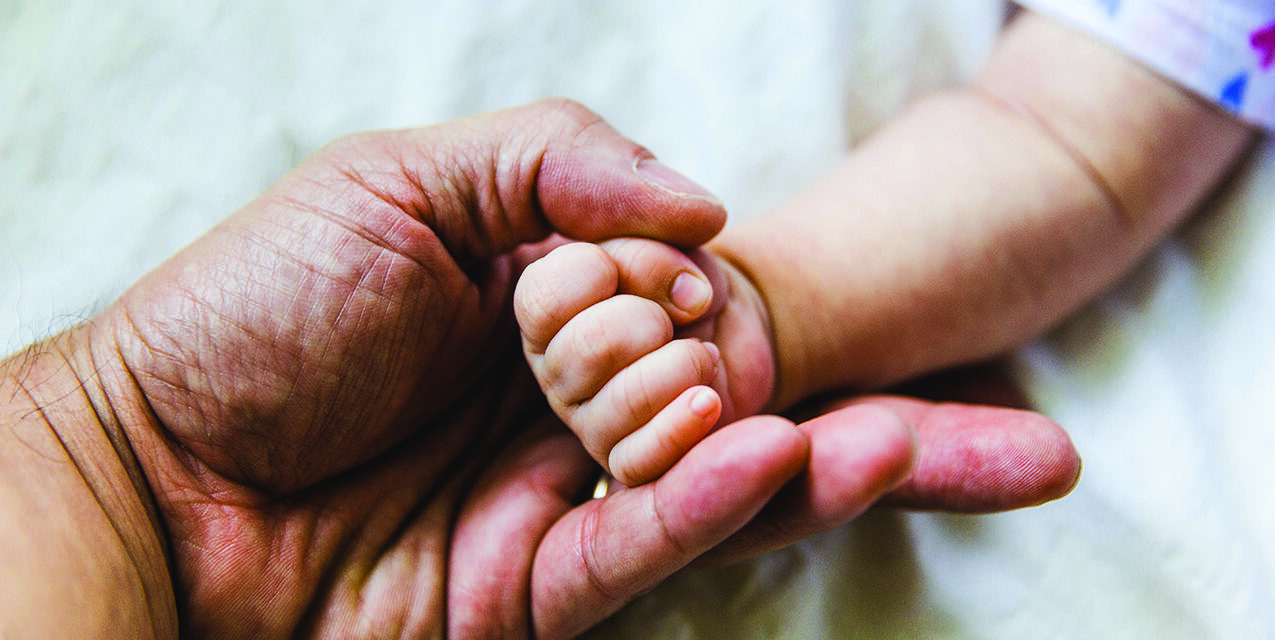By Annette Pinder
Expectant mothers under the care of an obstetrician receive strict prenatal guidelines to protect their physical health as well as the health of their baby. However, sometimes factors beyond their control may result in babies being born prematurely.
A premature birth is one that takes place more than three weeks before the baby’s estimated due date at 37 weeks. Most premature births occur in the late preterm stage, between 34 and 36 weeks. Babies born at 32 weeks of pregnancy or earlier are extremely preterm.
Some causes of premature birth are unknown. However, certain health conditions increase the risk of early labor, including diabetes, heart disease, kidney disease, or high blood pressure. Other factors may also lead to premature birth, such as poor nutrition before and during pregnancy; smoking, using illegal drugs, or drinking alcohol during pregnancy; infections, such as urinary tract and amniotic membrane infections; a prior premature birth; an abnormal uterus; or a weakened cervix opening early.
It is important for expectant mothers to do everything they can to prevent prematurity. Premature babies may face a host of problems including temperature instability; respiratory problems; cardiovascular issues, jaundice; bleeding in the brain; and poor muscle tone.
The Community Health Center of Niagara and Niagara Falls Memorial Medical Center (NFMMC) have partnered to increase pre-natal care, labor and delivery services, postpartum visits, and advanced gynecological services to patients visiting the Family Planning Clinic at the Community Health Center of Niagara (CHCN). NFMMC obstetricians provide these services every other Tuesday, alternating mornings and afternoons.
Learn more about the Family Planning, Prenatal, and Preventive Services for teens, women, men, and LGBTQ+ at https://chcb.net/family-planning-services. Call 716-986-9199 to schedule an appointment, or just walk in!












